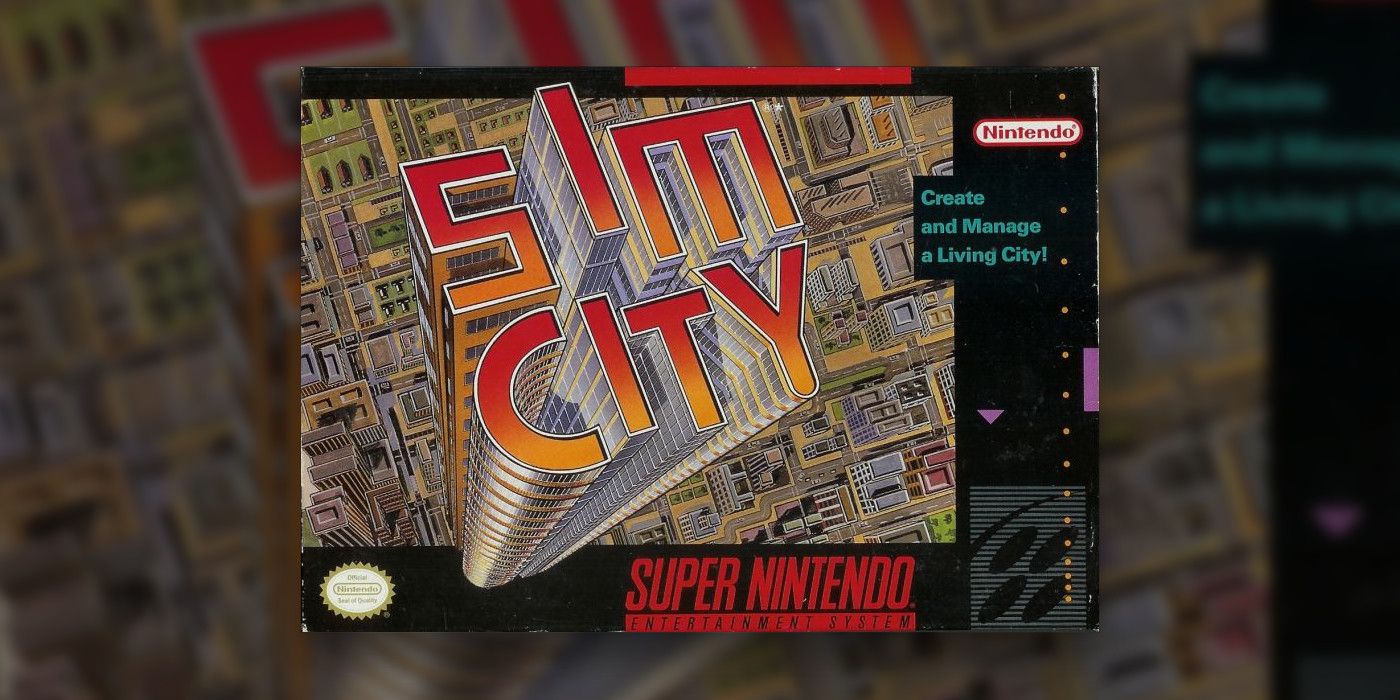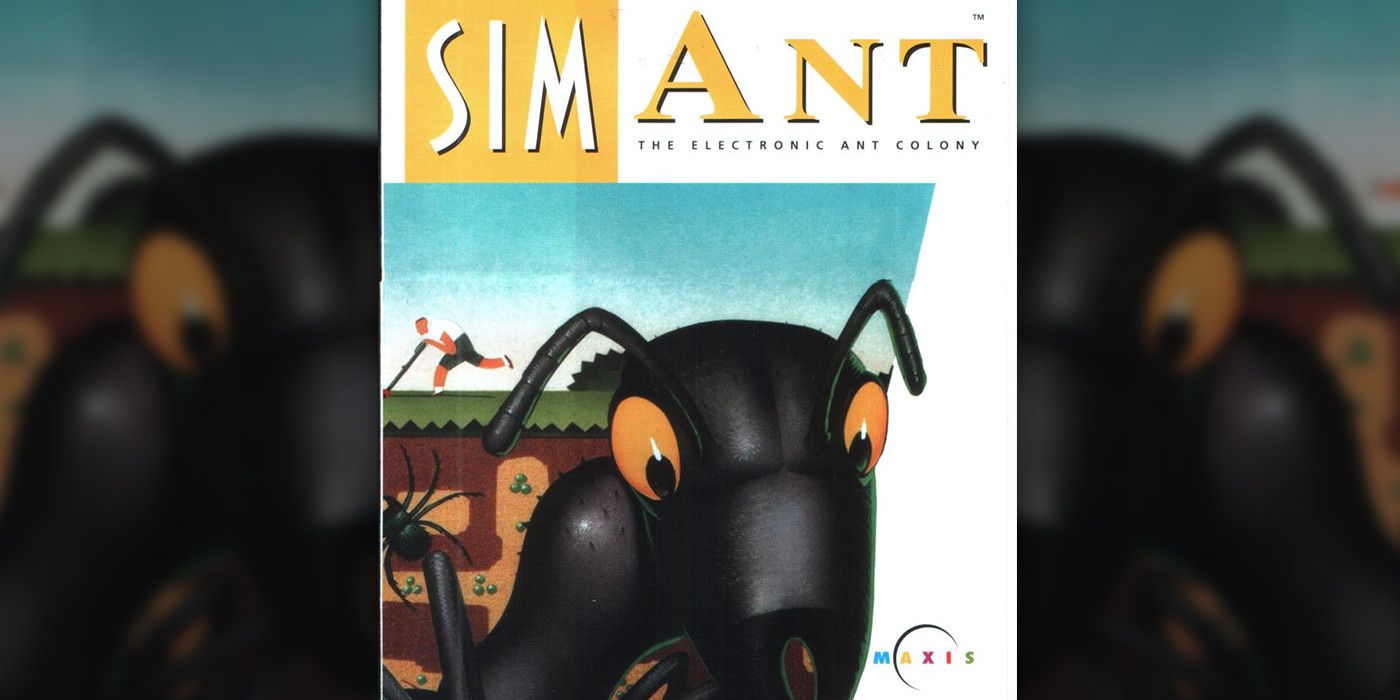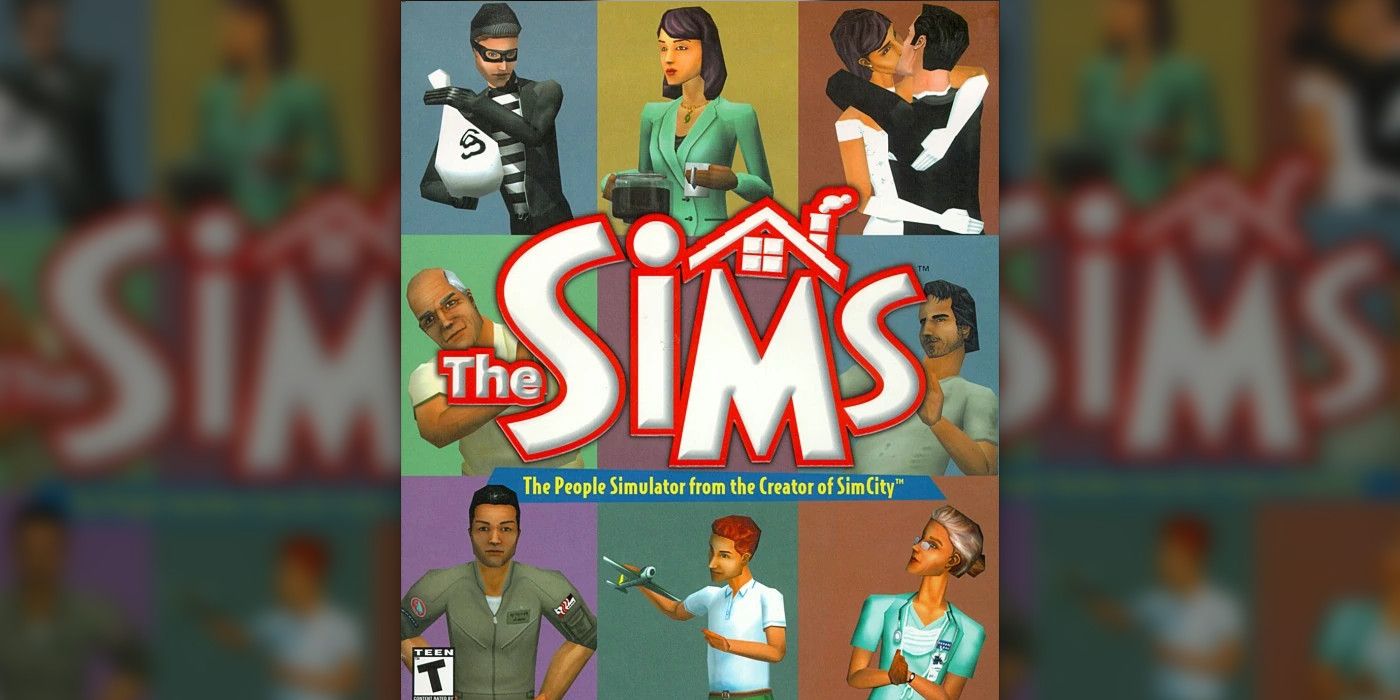
When someone mentions the Sims series of games, people more than likely think about the widely successful series of life-simulation titles developed by Maxis and created by Will Wright. Spanning multiple spin-offs and expansion packs, The Sims has become one of the best-selling gaming franchises of all time and for a good reason. However, there's an entire legacy of Will Wright simulation games that paved the way for The Sims and are absolutely still worth playing today.
Will Wright is a legendary figure when it comes to the early days of PC gaming, having created some classic titles for MS-DOS computers and early Windows devices with his development team at Maxis. In total, Maxis published five simulation games, including The Sims, with many of these games still available to play today through the Internet Archive's Internet Arcade. With how easily accessible these classic games are, players should dive into Will Wright's classic simulation games.

SimCity is a classic city management game that would inspire an incredibly successful series of acclaimed follow-up games. While recent titles haven't met fan expectations, plenty of city simulation games since SimCity have come in to keep the genre alive. However, there's still something charming about Will Wright's SimCity that helps it stand out, even when compared to its own sequels.
Part of SimCity's charm is how it blends the realistic simulation of a modern city with some more wild elements that would set the tone for many of the Sim games to come. SimCity was designed with real-world city planning theories in mind, helping to establish the Sim series and create a new kind of game known as software toys, which many of Wright's titles would become down the line. SimCity is a charming and educational simulation game that's still tons of fun to check out today.

SimCity's lesser-known follow-up, SimEarth took everything enjoyable about SimCity and put it on a grander scale. Players went from managing a metropolis to managing the life of an entire planet and the evolution of the creatures living on it. If that premise sounds familiar, that's because it would be greatly expanded upon with Maxis's underrated 2008 game Spore. That being said, there are still plenty of things that SimEarth does differently than Spore that lets the game stand on its own.
Players take on more of an observer role in SimEarth as they watch the lifespan of a planet, from creation to its eventual destruction. Players can let life play out on its own, or they can interfere by adjusting the planet's climate, atmosphere, weather and environment. Much like how SimCity used urban planning strategies, SimEarth uses Gaia Theory as the basis for its simulation aspects, adding some light educational elements to the planet sandbox game.

Taking things back down to a smaller scale, SimAnt explores the complex interworkings of an ant colony and once again puts players into more of a direct control role. Unlike previous Sim titles, SimAnt had a fairly concrete goal of spreading the ant colony into a house and driving out the humans. Players will also have to deal with a colony of red ants that will attack their ants, making this software toy the most game-like of any early Maxis title.
SimAnt uses scientific studies of ant colonies to support its gameplay, diving players into just how complex the behavior of ants can be. Much like SimEarth, SimAnt doesn't give players too much guidance and is meant to demonstrate the complexities of the natural world. While SimAnt has aged a little rougher than the other Sim games, it's still worth checking out due to the influence this game would have on Will Wright's later work.

SimLife is possibly one of the least-known early Maxis games, though it does share plenty of similarities with SimEarth. In many ways, the game plays like a zoomed-in version of SimEarth, taking a lot of the same mechanics from that game and applying them to a single ecosystem rather than a planet. The game goes much more open-ended than SimAnt, with players able to experiment to create a self-sustaining ecosystem.
SimLife is criminally underlooked when compared to games like SimEarth and even Spore. It finds a really good balance between those two games in terms of complexity, providing players with a far more simple environment than an entire Earth to play with. It's much more focused on genetics and evolution compared to SimEarth, showing shades of Spore.

It may be surprising to know that the original Sims game still holds up shockingly well today, despite its simple mechanics and graphics. The standard for life simulation games was originally designed to be a home design game inspired by Will Wright redecorating his home after losing many of his possessions in a fire. SimAnt also served as a massive inspiration on the game, as Will Wright stated that he got the inspiration for The Sims while working on SimAnt.
The charm of The Sims comes from its real-world inspirations that were meant to keep the game's location as ambiguous as possible. Simlish, for example, was created by combining several real-world languages to create a fake language that sounded like it could be from anywhere in the world. This baseline for inclusion would be expanded upon with later entries in the series.
0 Comments